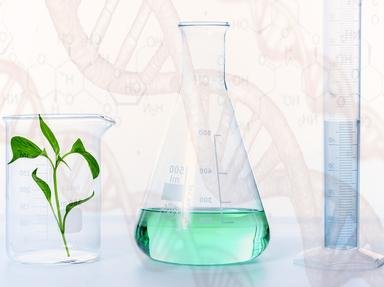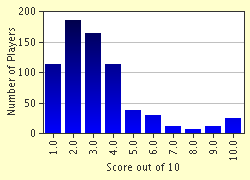Quiz Answer Key and Fun Facts
1. Which of the following is an ore of Lead?
2. Desilverization of lead is done by
3. Which of the following cannot form pentahalides?
4. Which of the following terms is often used to describe the structure of hydrogen peroxide?
5. Thenard's Blue is associated with
6. Calcium cyanamide on hydrolysis with water gives
7. The ammonium salt which does not liberate ammonia on heating is
8. The naturally radioactive halogen is
9. In 1986,Mathias prepared a ceramic Lanthanum Barium copper oxide.At what temperature does this behave as a superconductor?
10. Pick out the actinide
Source: Author
sanjith
This quiz was reviewed by our editing team before going online.
Any errors found in FunTrivia content are routinely corrected through our feedback system.

